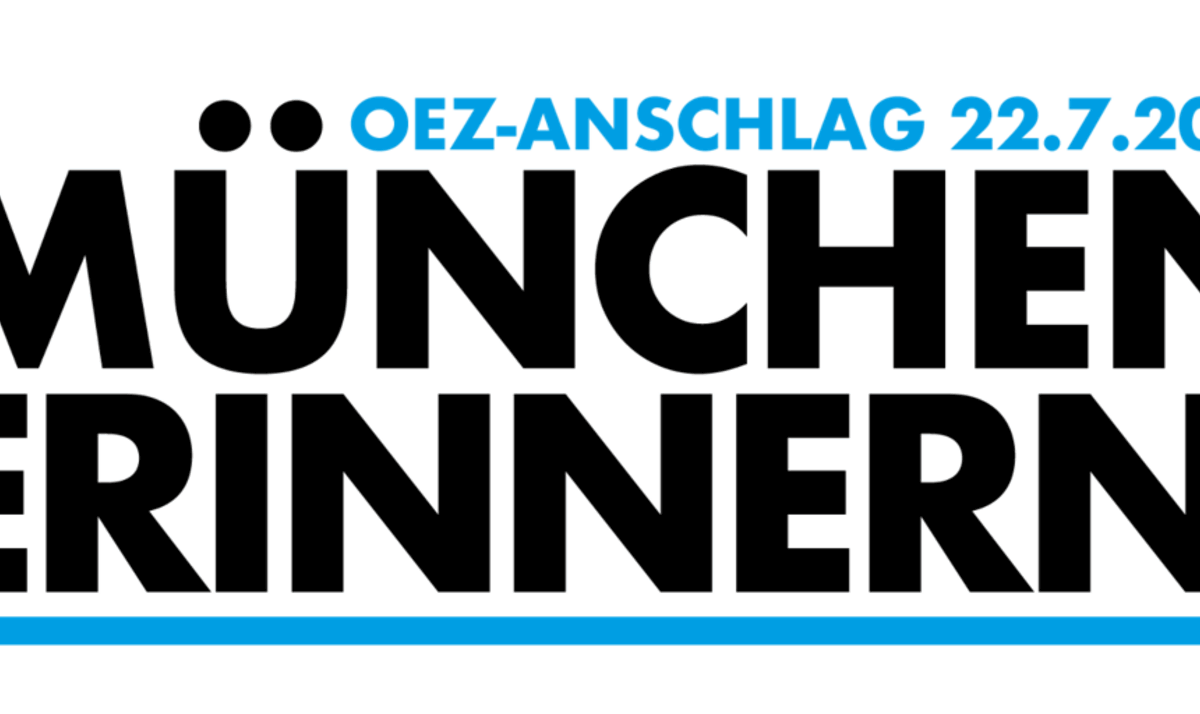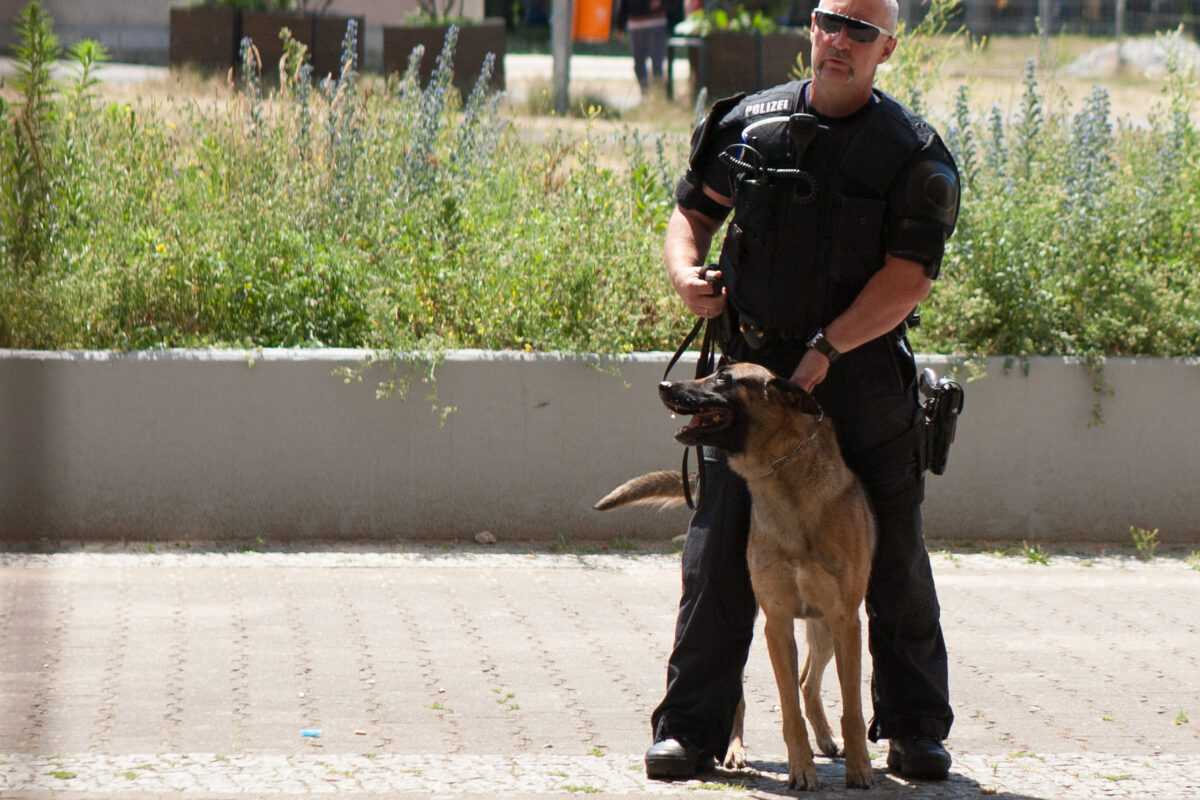Berlin has still seen no real snow – but instead – lots of “mist.” In German “Mist” means manure, BS, or, to quote Google: “crap, sh-t, dammit!”). Some suggest it derives originally from visiting American basketballers a century ago who, when a shot failed, said “Missed” – and were misunderstood.
True or not, dammit, we were hit by it. In September 2021, in a complicated election, the Berlin minister in charge screwed up; ballots were wrongly delivered, polling stations lacked ballots, voters waited in long lines (like certain areas in US cities) to elect each district’s national Bundestag delegate, its city council delegate and its borough council delegate, each on a separate ballot requiring two X’s each (for person and for party), then dropped into three boxes (no machines). And also a Yes or No vote on a referendum to “Confiscate Deutsche Wohnen,” Berlin’s biggest owner (and exploiter) of Berlin apartment houses. The courts finally ruled that (except for the referendum) the vote must be completely repeated, so thousands of new posters with smiling faces and empty words now decorate lamp poles all over town – until the repeated election day on Sunday February 12th.
The Christian Democrats (CDU), Social Democrats (SPD) and Greens, at about 20% each in the polls, are vying for first place. But the CDU, now slightly in the lead, can find no partners in Berlin; no party dares to team up with the fascistic Alternative for Germany, and it would never ever join hands with the LINKE (Left)! It seems inevitable that the SPD and Greens will again tie up with the LINKE, whose votes (currently polling at 12%) would add enough seats to top the half-way mark and renew the present triumvirate.
But these three have no real love for each other; it’s a compulsory ménage à trois, with the Greens hoping for first place so they can replace Franziska Giffey (SPD) as mayor. Her pleasant manner and good looks may help her win some voters, but with Berlin politics shakier than ever, not enough.
New Year’s Eve in Germany, above all Berlin, is marked for hours before and after a midnight climax by millions of private fireworks. Groups near almost every building set them off with loud explosions, often from boxes with 6, 9, up to 36 linked rockets, shooting up and ending in sparkling, many-colored showers. Many enthusiasts save up for them for months, often smuggling in products made in Poland but forbidden here. There are always injuries and fires; a common defense is: “… but far less deadly than in the USA – here with fireworks not firearms!” Every year churches, environmentalists and animal lovers denounce them, always in vain, except that the official fireworks at Brandenburg Gate have been replaced by a fancy light display.
But perhaps because of a two-year covid hiatus, the display got out of hand this time, especially in a low-income neighborhood where Mayor Giffey was once borough mayor. Instead of firing in the air, groups of young men aimed fireworks at the police and even at firemen trying to put out some of the blazes. 41 policemen and 14 firemen were listed as injured and over 140 people arrested.
As always, the usual “law and order” voices grabbed the mics to denounce “weak-kneed politicians on the left” (for them the SPD and Greens were still “left”) who were going easy on “youth crime and violence,” with more than a hint that “those foreigners” and their “different cultures” were again to blame, joined of course by “antifa terrorists”. Social reasons for young people’s anger: “stop and frisk” discrimination and police strong-arm tactics, lack of decent schools and jobs were dismissed, while rightist hopes to use racism to win votes in Berlin and three more state elections were obvious.
Other young people in Berlin (and Munich) were making trouble in very different ways, like gluing their hands to the street, blocking traffic to protest official foot-dragging in saving the environment.
In a far more popular effort in the same cause, protesters in the tiny village of Lützerath near the Dutch border held out for weeks, often in empty buildings (the villagers had to leave long ago), in little makeshift tree huts, and most recently sitting on the tops of tall tripods or in deep tunnels. Their aim was to prevent monstrous excavators from extending mile-wide open pit mines for lignite coal.
Last week they were countered by a giant police force from all around Germany, and after an ultimatum expired the men in uniform moved in, with cranes, tear gas, dogs, even on horseback, tearing down the huts, ordering all protesters to leave and arresting those who refused. At first there was little violence except for a few fireworks recalling Berlin on New Year’s Eve – and allegedly a Molotov cocktail tossed into a street in angry retribution. Then, on Sunday, up to perhaps 35,000 gathered in a mass protest, defying rain showers in a peaceful demonstration (also with Greta Thunberg). But when one group also defied police orders and gathered in protest at the edge of the excavation the police again resorted to violence and there were many injuries, including dog bites.
Behind the battalions of finally triumphant cops the protesters faced two other foes. One consisted of politicians. It may still surprise a few that they include not only loud-mouth right-wing “Christian Democrats” but also soft-spoken Green cabinet ministers who rule with them in a joint coalition in that state, North Rhine-Westphalia. And also on the national level, the man largely responsible for continuing such excavations is none other than Robert Habeck, a leading minister in another coalition government at the top as well as co-chair of the Green party, which was once so active in joining and leading just such protests. That was decades ago, however; it is still embarrassing if only because of the party name. That was audible in Habeck’s excuse about two giant power plants; supposed to be shut down by January 1st they will now emit smoke and fumes from the mined lignite at least until April. “It was not my personal plan nor the plan of our coalition to return the plants back into the network,“ he said, “but there’s a war on in the Ukraine, and thus half of German gas imports are missing.” The same reasoning is offered for huge new docks now unloading liquidized gas from the USA, and endangering famed extensive mud flats used – and needed – by migratory shore birds.
Behind the Green-CDU coalition in the state where Lützerath is – or was – located, there is a third adversary: the mine-owner. RWE once helped finance Hitler’s rise, raked in millions by using slave labor during Word War Two and since then has become alternately first or second among Germany’s four giant energy providers. It decidedly does not want to lose the many-digit profits it wins from atomic and lignite power; its CEO alone pockets personally over €5 million a year. Who would want to lose any of that? So – damn the environment or anyone trying to save it! And as many have found; ten thousand or so euros donated in the right places can be greatly appreciated and well worth it.
Here’s an interesting footnote; the largest single shareholder of RWE stocks in 2021 was the US asset management company BlackRock. Together with its sibling in Pennsylvania, Vanguard, BlackRock will soon control world investments worth 20 trillion dollars. According to a Bloomberg report, that will make it “the fourth branch of government”.
And another footnote; the referendum in Berlin in September 2021 – “Confiscate Deutsche Wohnen” – got over a million “Ja” votes (56.4%) and affected all companies owning more than 3,000 Berlin apartments. Deutsche Wohnen owns 155,000. It has since been taken over by a far bigger real estate raptor, Vonrovia, which owns 11,000 apartments in Berlin but 550,000 in all Germany. And strange to say, BlackRock has been financially connected with both of them. It’s a small world!
One more biggy footnote; Elon Musk built his first European Gigafactory for electric Teslas southeast of Berlin, after chopping down half a forest. There are already rumors of dissatisfaction and a union start-up. BlackRock may also have a finger or two in there – but no talk yet of confiscating Tesla.
That demand for confiscation, despite its million supporters, is seen differently within the trio governing Berlin. Franzisca Giffey, the Social Democrat mayor (at least until the February 12th vote and a possible change in ranking), has never hidden her opposition to such a radical move, which means more public ownership, smells too much of old GDR low rent public housing, and displeases those real estate raptors with whom she gets along so cosily. The Greens, though also getting along better and better with big business, not only in Lützerath, could not ignore voters and young rebels in their ranks in Berlin and verbally approved (compensated) confiscation but refrained from any active support.
That left only the Linke within the ruling coalition trio. And even that is misty, for Berlin’s “reformer” Linke leaders had agreed to submit confiscation questions to a special commission for a year, which some feared meant letting it die of dehydration. But now, possibly motivated by the election re-run, Berlin’s Left leaders have revived it as an issue. Berlin suffers fearfully from a lack of apartments and, like so many other items, rents are soaring – and are doubtless for many the most crucial issue.
The lack of homes for working class and also for middle-class seekers is a nation-wide emergency. Somehow, allegedly due to rising costs, there is never enough money to build affordable homes, repair schools, open needed kindergartens and reverse damaging reductions in public health care.




